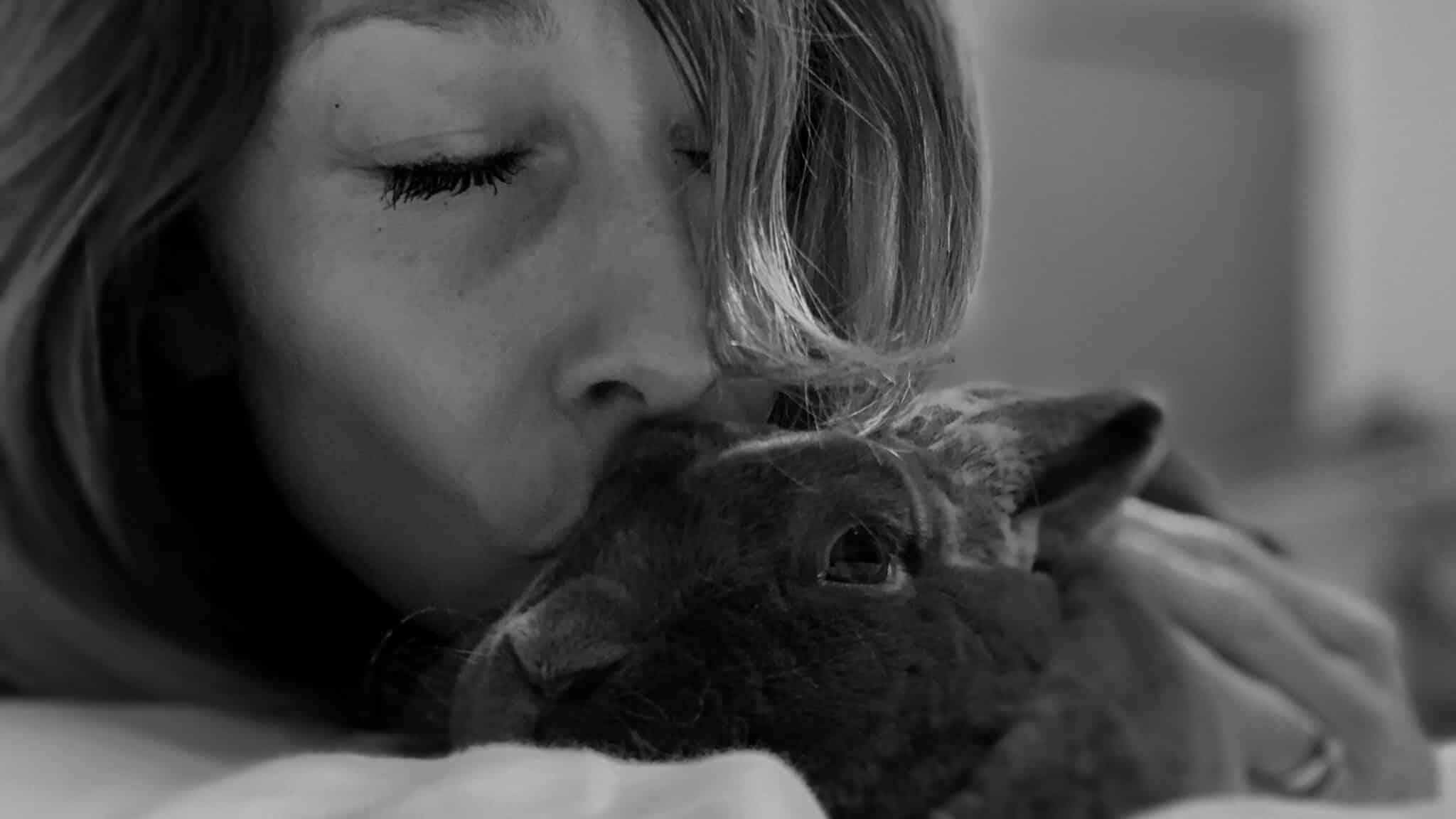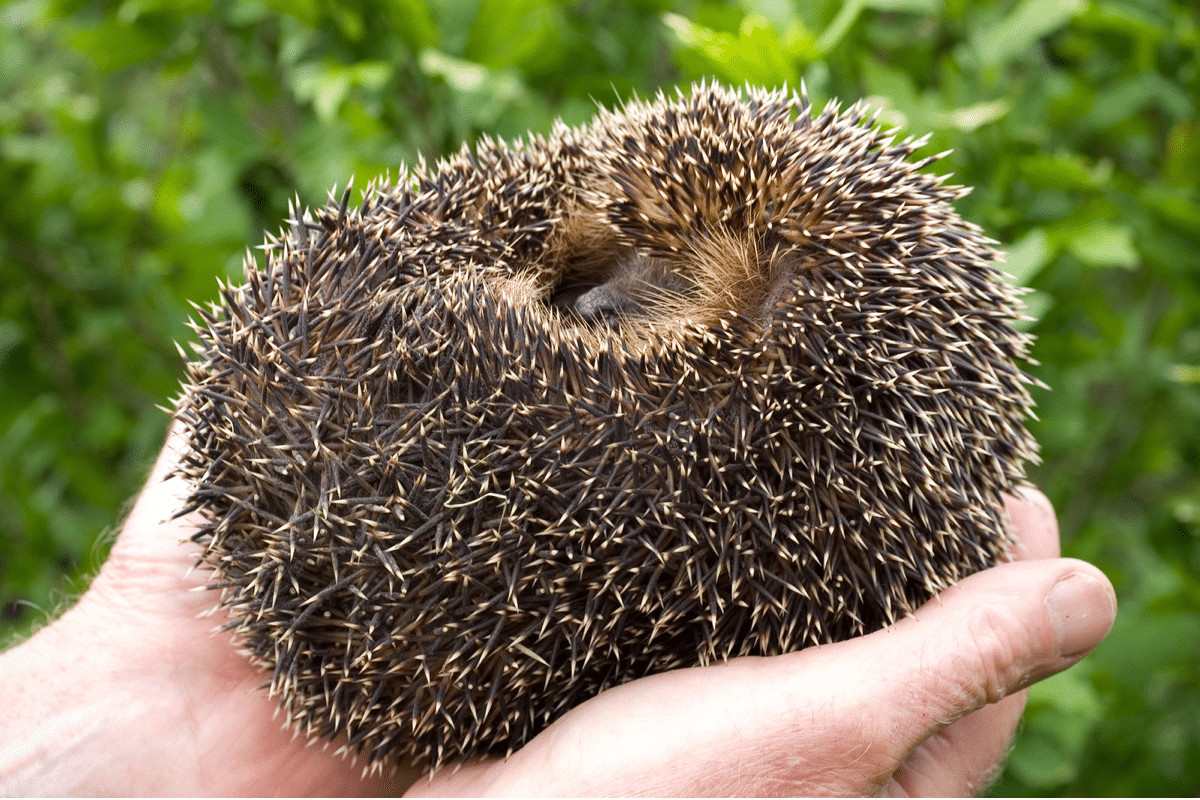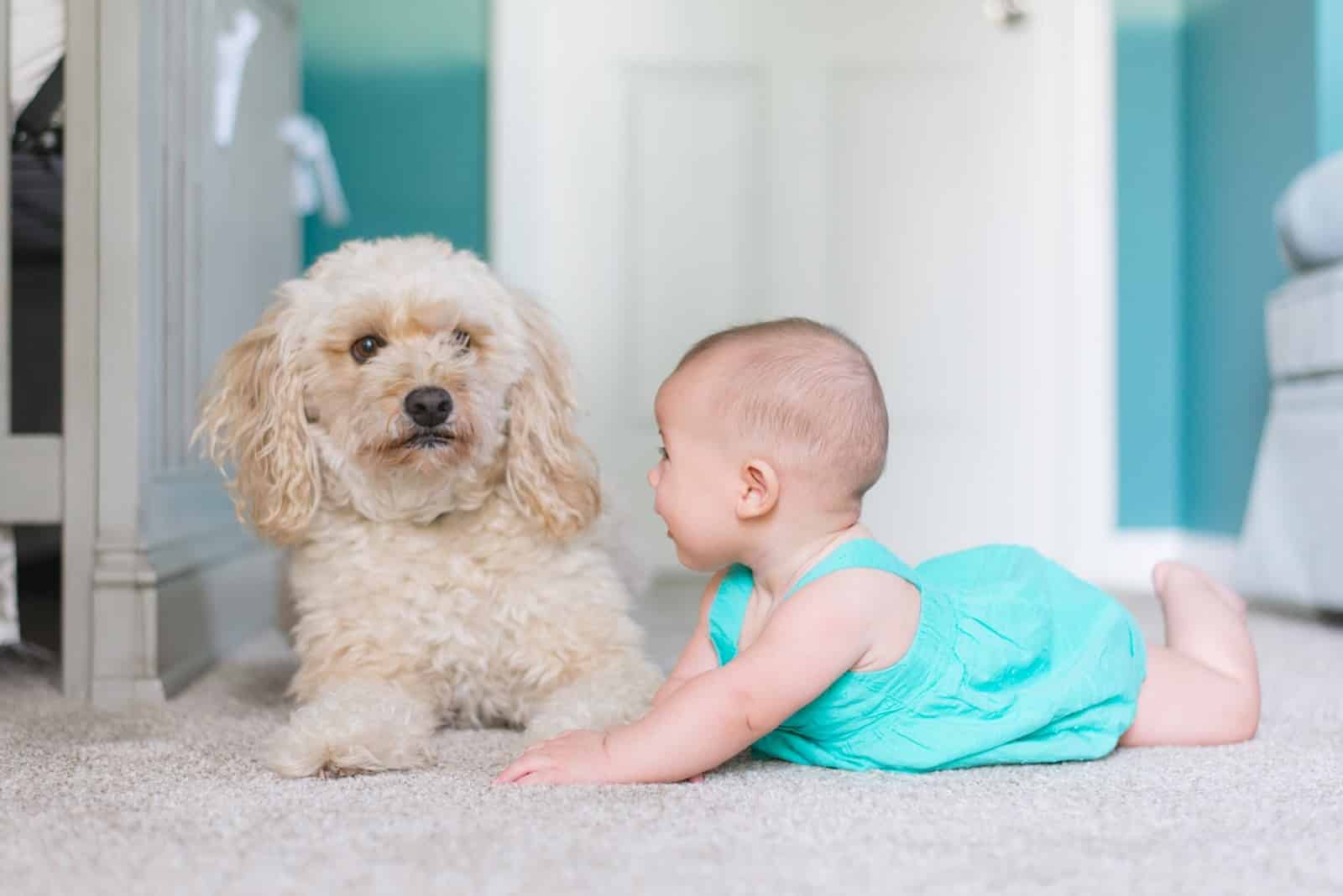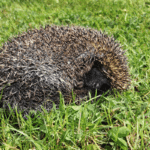Many young children will have spent the summer getting to know their first pet and learning what it means to be a responsible rabbit owner. It’s such a lovely time for the whole family, watching the cute bunny become accustomed to you all and seeing your child take on a caring role. During the holidays time isn’t really an issue as there is plenty of it, but it will soon be time for school term to start and there will be a few changes that come with it. How can you help your child to adjust to school life while keeping their interest in their pet rabbit? We have a few tips that could help you.
- Regardless of what you tell your child it is important to think of the rabbit as your pet. The child may be told that it is their pet and that they have to look after it, but as the adult it is important that you realise that the responsibility for the care does lie with you. Children may miss symptoms and problems and can quickly lose interest in the caring side of rabbit ownership, leading to forgotten feeds and lack of attention. The family and the rabbit will be a lot happier if you accept the rabbit is yours from day one.
- Rabbits don’t like changes in routine. Hopefully there is a routine in place that works around school times. If not you will need to establish one that can be worked around the new daily routine and kept up throughout the year.
- Feeding times can be before school and afterschool teach your child that they need to feed again, check and replace the water and spot clean the rabbit hutch and run.
- Encourage your child to spend time with the rabbit after school but avoid making it feel like a punishment or a chore. Ask your child to go and tell the rabbit about what happened at school and to play a few games to ensure your rabbit is having human interaction and exercise. Rabbits need at least three or four hours of out of hutch play each day.
- Supervise play with the rabbit, especially with boisterous children and children under the age of 7. Remember that rabbits get stressed with the wrong type of handling (they don’t like to be picked up, squeezed or loud noises).
- Take the time to check the food, drink and the cleanliness of the hutch and any play areas each day. You could do this while your child is at school or in the evenings – work it into your daily routine.
- Give your child the opportunity to succeed. Make it easy for them to care for the rabbit, teach them how to be a responsible owner and encourage good rabbit care with praise and recognition.
- Show your child what it means to be a rabbit owner. They will learn how to be responsible through your actions. If they no longer care for the rabbit you can continue and your actions will help your child to grow into a responsible pet owner in the future.
Bunnies grow quickly; does your rabbit have a big enough hutch? Have a look at our range and ensure your rabbit has a suitable home that meets their needs.
















